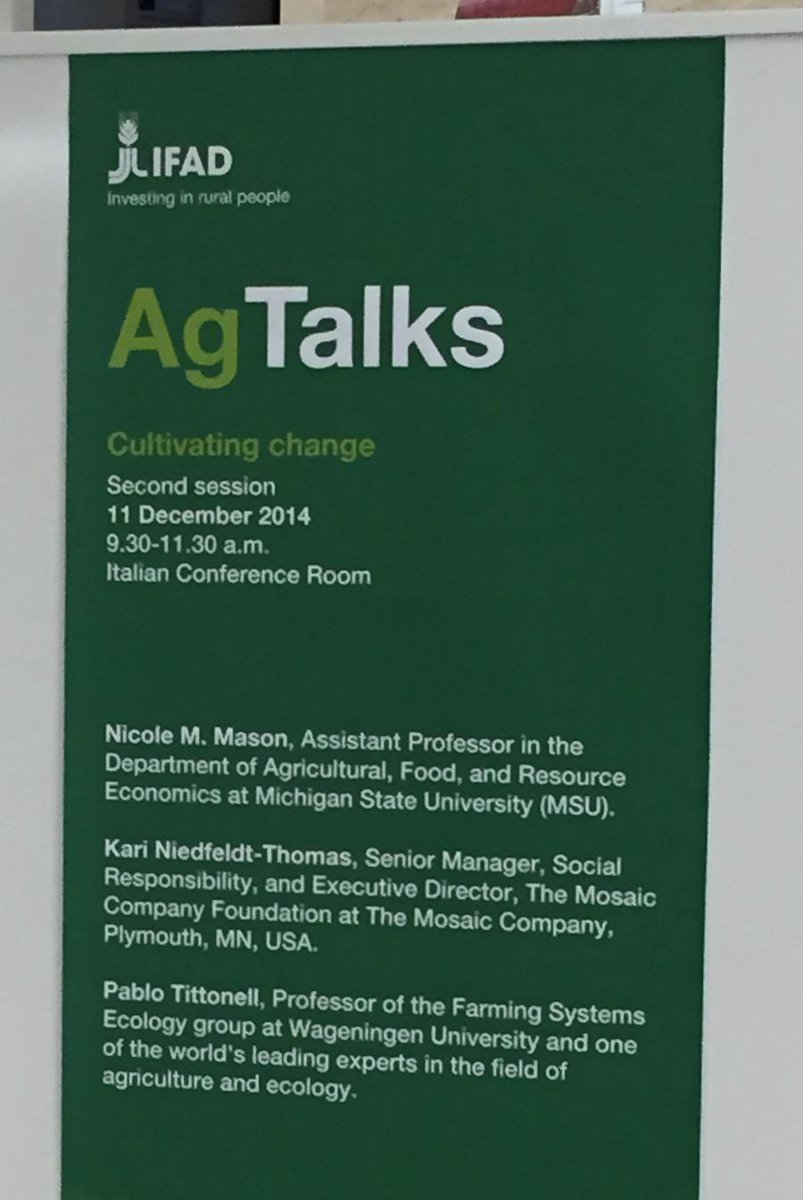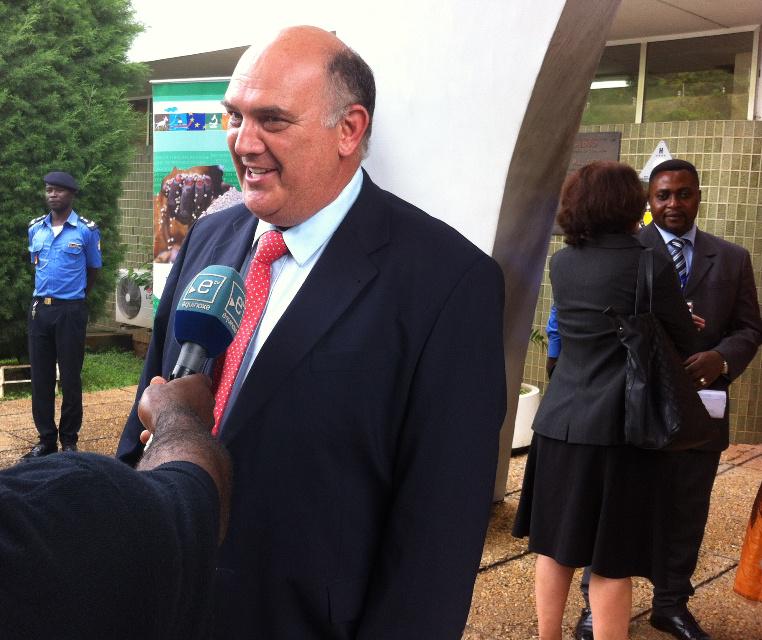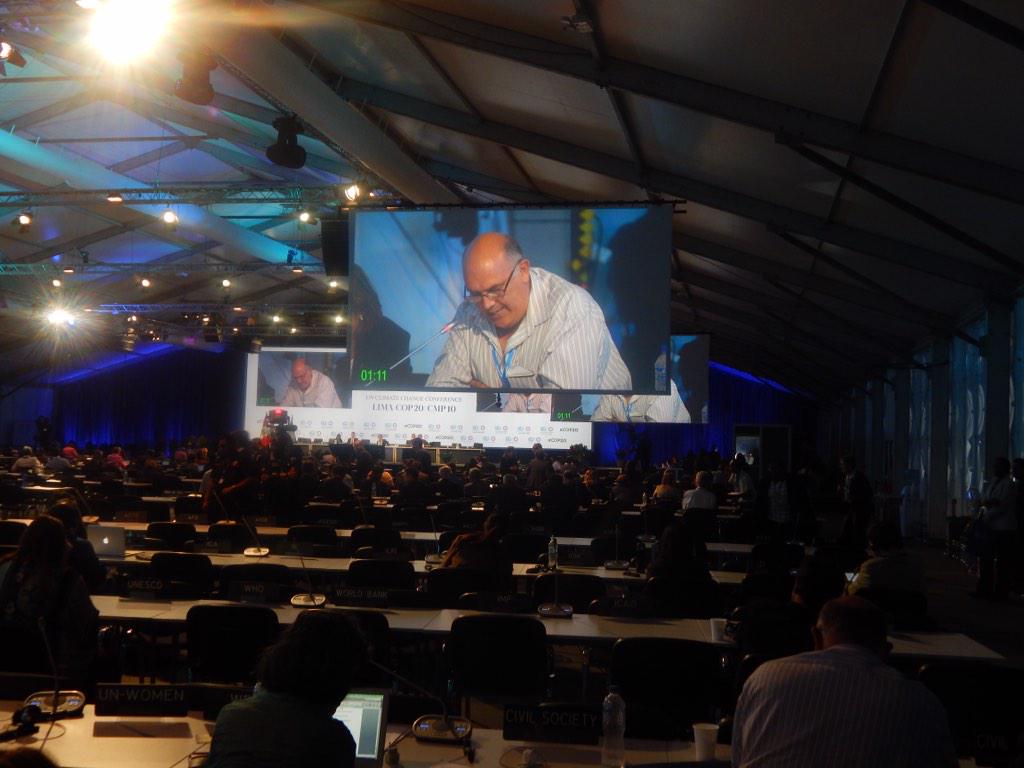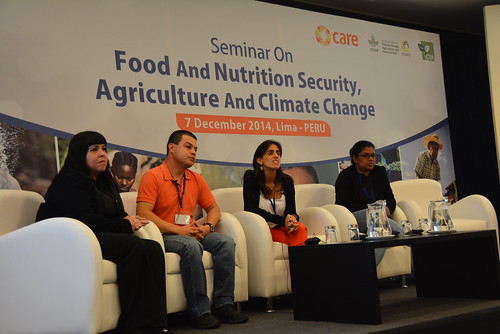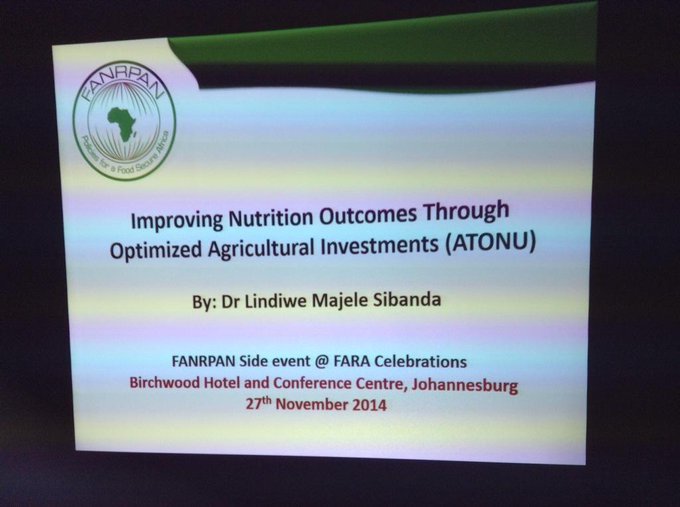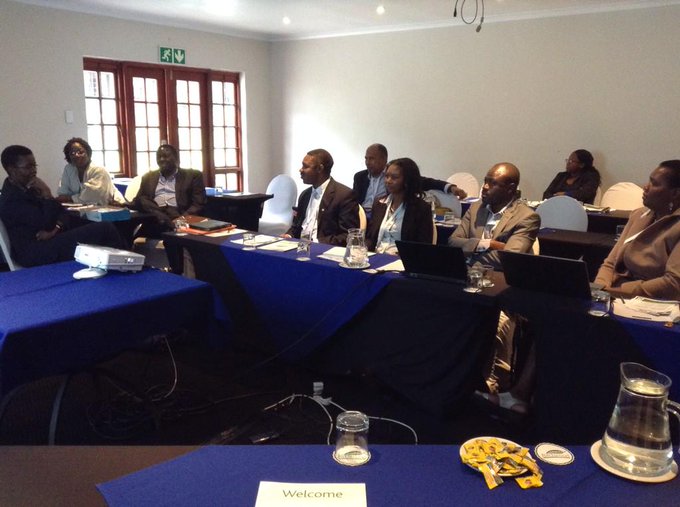The Shape Up team visit a different farm each week in a different area of the country. The team involve the film crew and a number of experts from partner organisations who specialize in the topics to be covered in the episode.
The core of the series tackles issues surrounding livestock, poultry, crops and soil fertility. Other relevant topics such as financial planning, solar power and harvesting rainwater are also included depending on the needs of the farmer in the episode.
Typically the film crew spend 4 days with one household, allowing enough time to build
any improvement structures and invite the experts in to advise. These experts include veterinarians, soil analysists and specific crop specialists from partnering companies in Kenya. At the end of each episode, viewers are encouraged to SMS their name’s and addresses in order to receive a free leaflet on the topics covered in the show, as well as follow updates and video clips on the Shamba Shape Up Facebook page.
Episode published on 15 September 2014 Shamba Shape Up is revisiting farmers from the series to see how they are getting on and if the shape up has helped! We learn more about cows, sorghum, chickens, solar lights and crop improvement methods.



